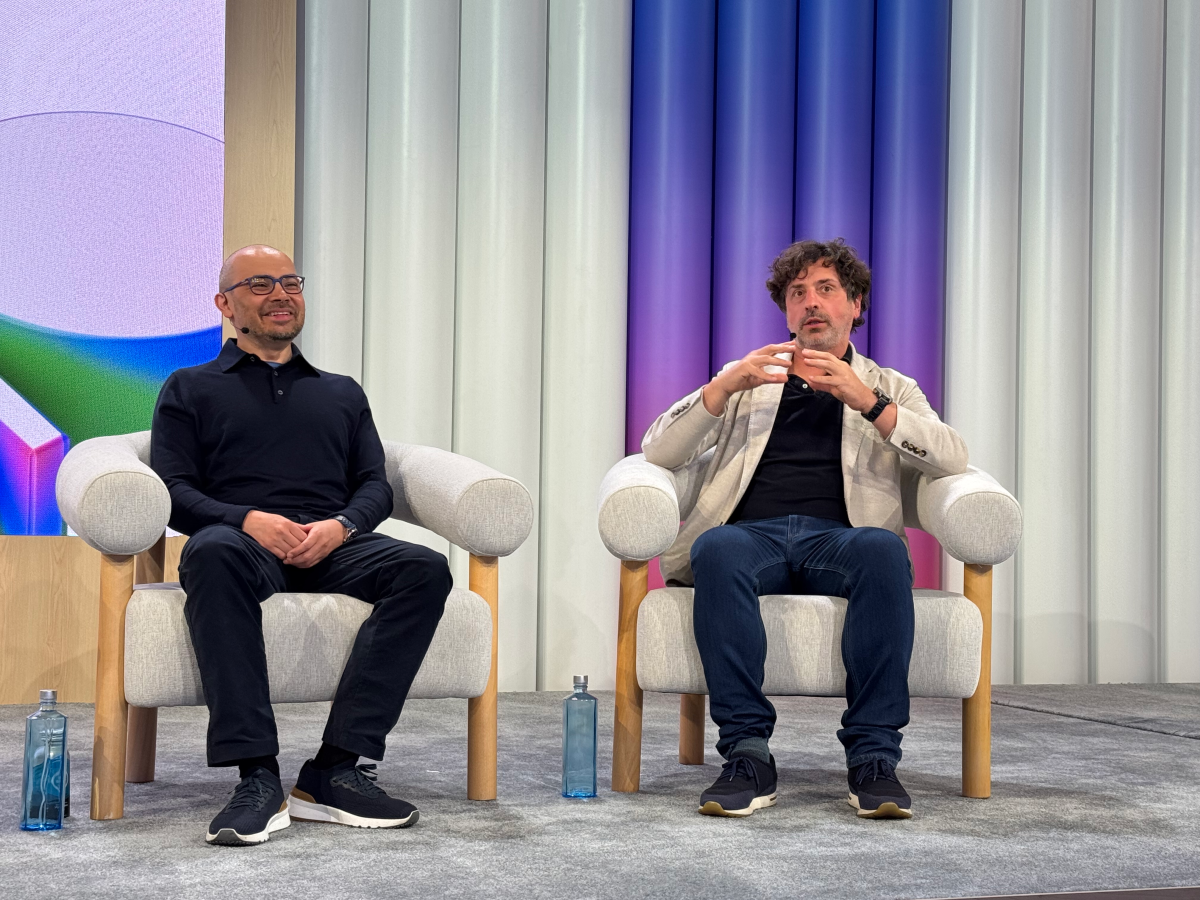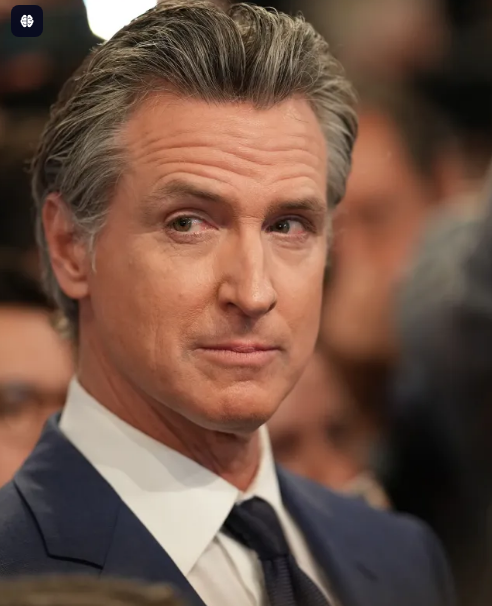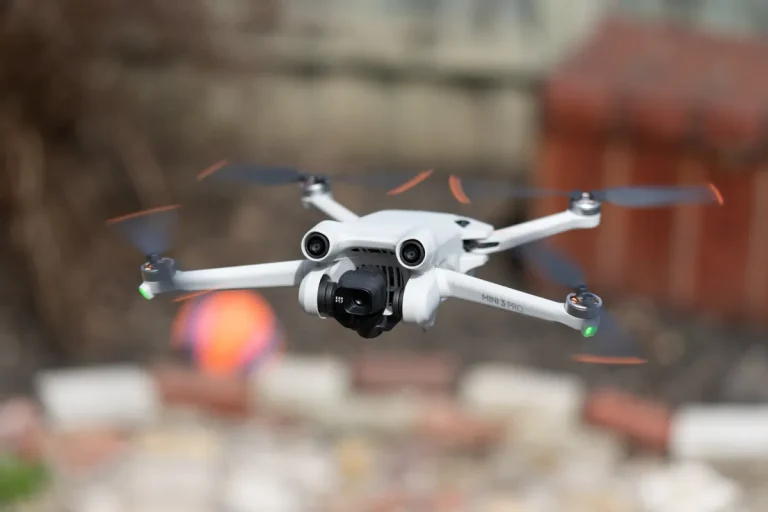
During a candid and unexpected appearance at Google I/O 2025, Google co-founder Sergey Brin openly reflected on his past missteps with Google Glass, acknowledging that he “made a lot of mistakes” during its development and launch. Speaking onstage alongside DeepMind CEO Demis Hassabis in an interview moderated by Big Technology Podcast host Alex Kantrowitz, Brin admitted that when the original smart glasses project was underway, he lacked crucial knowledge about consumer electronics, particularly around supply chains and the complexities of producing such a product at an accessible price point.
Despite those early setbacks, Brin expressed enthusiasm about the future of smart glasses, emphasizing his belief in the potential of the form factor and praising Google’s new approach. He noted that this time, the company is collaborating with experienced partners who are better equipped to handle the challenges that derailed Google Glass. Among those partners are Samsung, Xreal, and notably Warby Parker—a major player in consumer eyewear. Google recently announced it would invest up to $150 million in Warby Parker, part of a broader initiative to develop AI-powered Android XR smart glasses.
Unveiled earlier at the same event, Google’s next-generation glasses integrate Gemini AI and DeepMind’s Project Astra, showcasing real-time translation, navigation assistance, and other intelligent capabilities. These features demonstrate how far the technology has come, thanks largely to advances in generative AI—an area Brin now plays an active role in.
Having unofficially come out of retirement, Brin revealed that he is now heavily involved in Google’s AI efforts, particularly the Gemini team, where he works on multimodal tools like the Veo 3 video-generation model. He stressed the importance of AI development at this moment in time, urging fellow computer scientists to engage in the field. “Anybody who’s a computer scientist should not be retired right now,” Brin said, adding that dedication, potentially 60-hour workweeks, is essential in pushing the technology forward.







